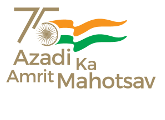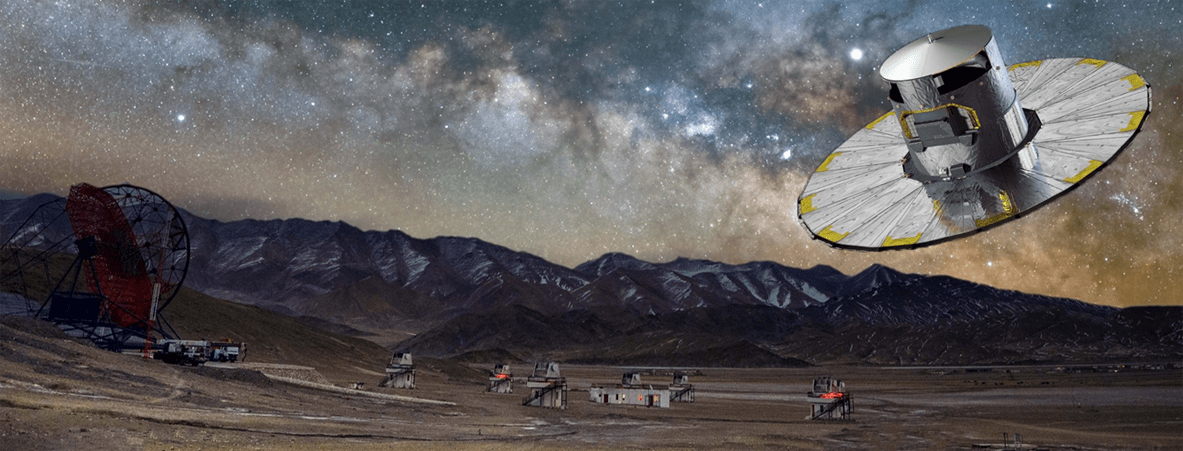Rationale
The Gaia mission of the European Space Agency has been mapping the entire sky for the last eight years. It has delivered two data releases (DR1 and DR2) and one early data release (EDR3) so far. The EDR3 release includes full astrometric solutions for 585 million sources and photometry for 1.806 billion sources with a limiting G magnitude of 21. The complete third data release (DR3) is scheduled for 13 June 2022, which will include a vast amount of data, including low/medium resolution spectra of bright sources. Since its first data release, Gaia has been making several discoveries and transforming the existing knowledge in Galactic and extragalactic astrophysics. So this is the time when we can discuss the outstanding results from its previous data releases and the contents of the newly available data from DR3. In continuation of our previous meeting on the Gaia mission, we are organising a meeting titled "Gaia Symposium: DR3 and Beyond" from 11th to 15th of July 2022. The main aim of the meeting is to discuss the achievements of the previous data releases and look forward to the DR3.
Meeting Mode
- The meeting will be in primarily in online mode.
- Participants from Bengaluru are welcome to attend in-person in Auditorium, Indian Institute of Astrophysics. Please state the preferred mode of attendance while registration.
- No support will be provided for accommodation or travel.
Confirmed Speakers
- Alejandra Recio-Blanco (Observatoire de la Côte d'Azur, France)
- Alessandro Sozzetti (INAF, Torino, Italy)
- Anthony Brown (Leiden Observatory, The Netherlands)
- Antonella Vallenari (INAF-Padova Astronomical Observatory, Italy)
- Coryn Bailer-Jones (Max Planck Institute for Astronomy, Heidelberg, Germany)
- Davide Massari (INAF - OAS Bologna, Italy)
- Elena Pancino (INAF, Osservatorio Astrofisica di Arcetri, Italy)
- Gajendra Pandey (Indian Institute of Astrophysics, India)
- Gisella Clementini (INAF-Osservatorio Astronomico di Bologna, Italy)
- Hitesh Lala (ARI-Centre for Astronomy of Heidelberg Uni., Germany)
- Jos de Bruijne (ESA, ESTEC, The Netherlands)
- Josep Manel Carrasco (Universitat de Barcelona, Spain)
- Maheswar Gopinathan (Indian Institute of Astrophysics, India)
- Marco Delbo (Observatoire de la Côte d'Azur, France)
- René Andrae (Max Planck Institute for Astronomy, Heidelberg, Germany)
- Tristan Cantat-Gaudin (Max Planck Institute for Astronomy, Heidelberg, Germany)
- Yogesh Joshi (ARIES, Nainital, India)


